Travel Series: National Parks

I spent a week with my parents in some of the driest parts of Western America. On solitary, flat highways and atop sheer, shaky rocks, I explored the precious lands tucked deep away from society’s urbanalities. Eight nights, three states, six national parks. Welcome to the Wild West.
We watch the sunset over the Grand Canyon, light dividing the darkness and the bright red of the rock, slowly encroaching on the top of the canyon. So much nature in one place, with snow still on the ground and the moon hanging above. I stand at the outermost point of the outlook and feel the biting winter wind. The line of light finally overtakes the rocks, and all is dark.
A lonely roadside sign reads “Now Open.” The only indications of life move towards us in the form of occasional vehicles on the opposite lane. Everything is singed brown, red, and a shade of old-mustard yellow. Today, I find it too easy to separate the natural environment from the sprawl of civilization. In areas settled by Western influence, I must make a conscious effort to escape to untouched scenes. To hike, to search, to hide away.
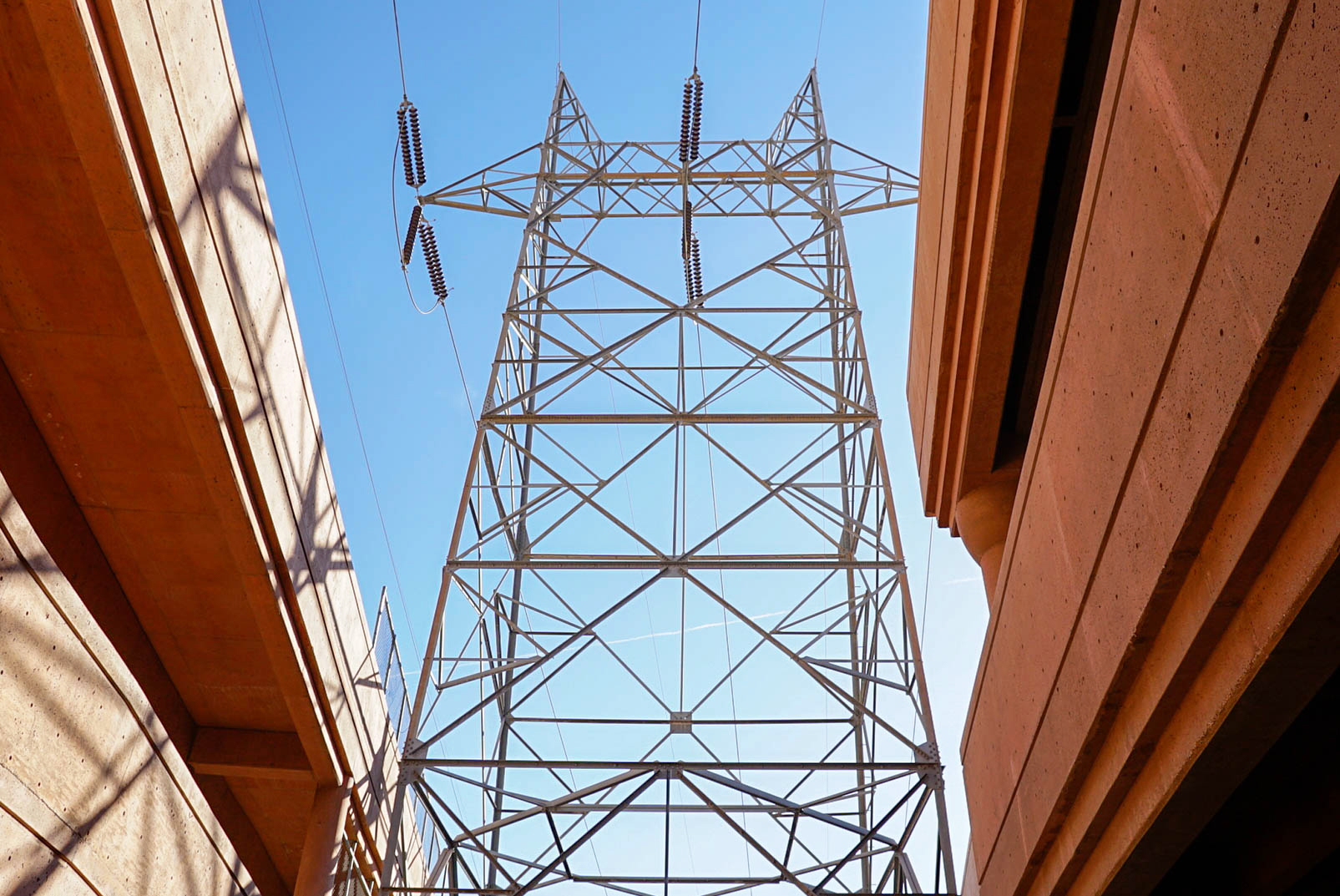
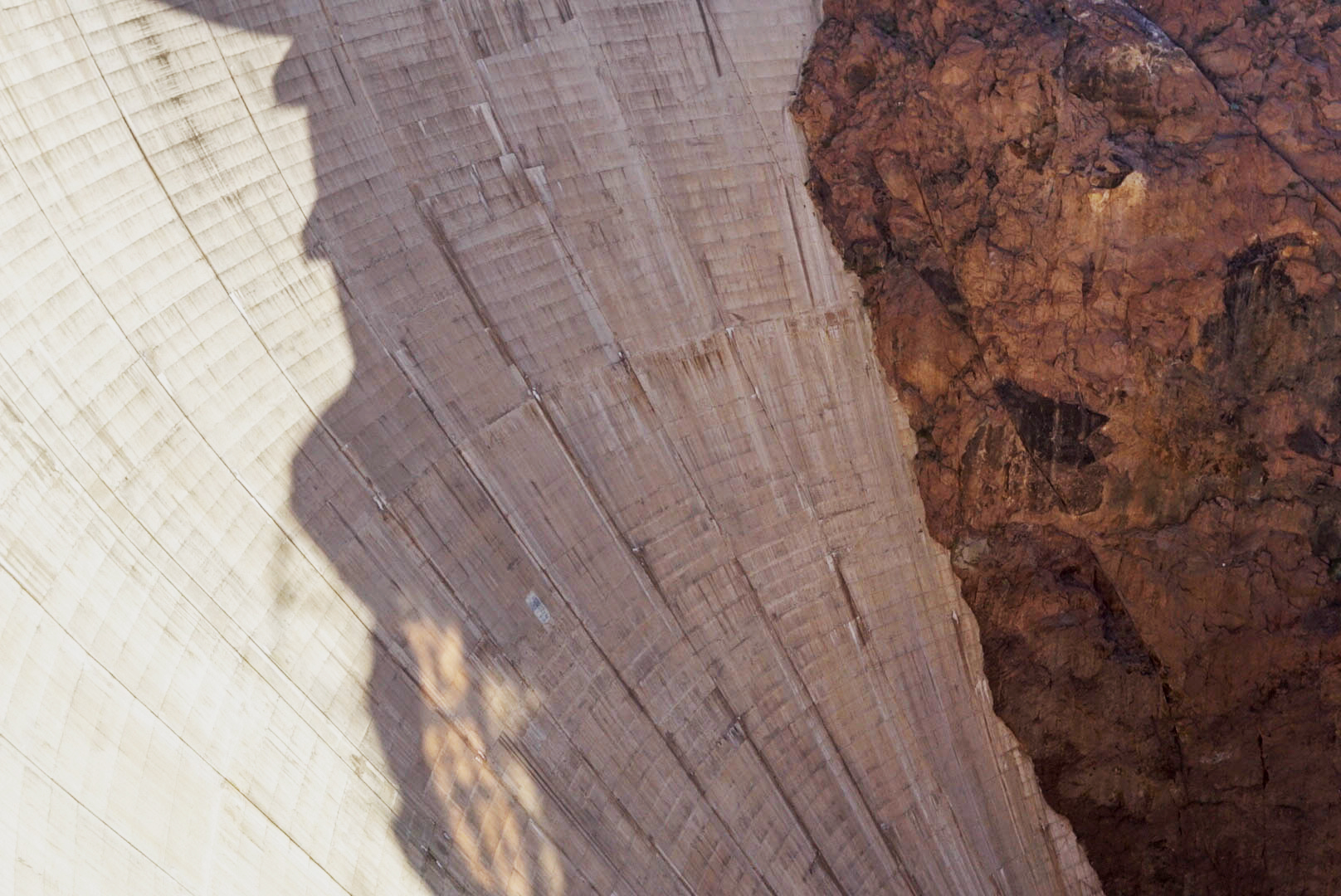

I asked our Lower Antelope canyon tour guide, Chavez, how the Navajo feel about tourists in their sacred land. He responded with hesitation that it is beneficial to their economy, and that permission is regardless granted by the Navajo people. Those who have grown with the earth also feel its pain.
As I walk along a barbed fence navigating between both bush and empty beer bottles, I wonder about those who live in between society and nature around Monument Valley. These famous monuments of stone form the backyards of scattered one-story homes. Overshadowed by prehistoric stone, I forget about the growing concepts of technology and media.
Days after I depart from Nevada, the government shutdown’s worst consequences begin clawing at the land. Humans flood in and disrespect the earth. Scientists say some parks will not recover from the damage for decades. Of course, the land never forgets. For its deepest pains, it will hold a grudge endlessly. But for now, man seems to be winning the battle against his own home. Like a rebellious teenager, he pushes away from the one who gave him life.
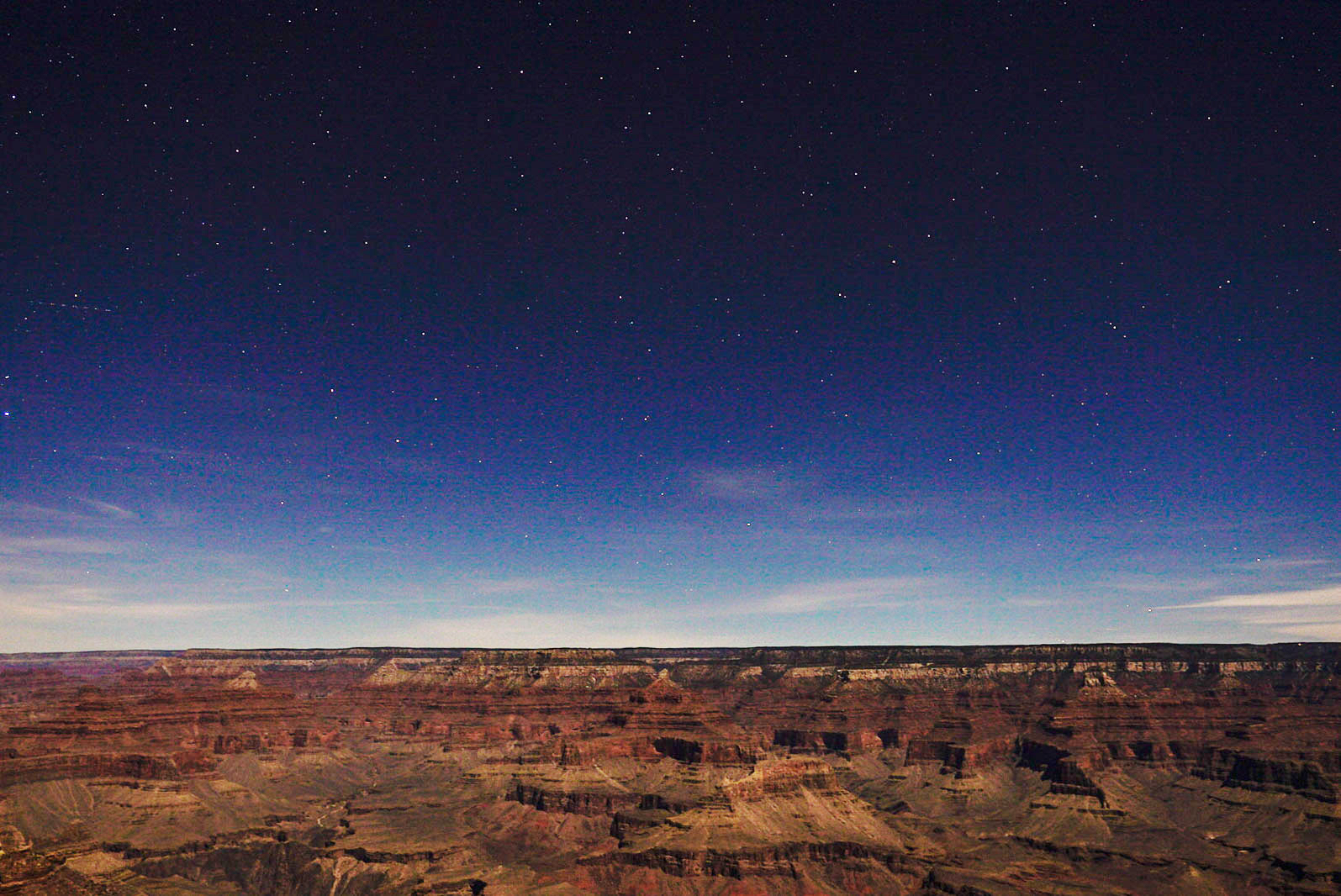
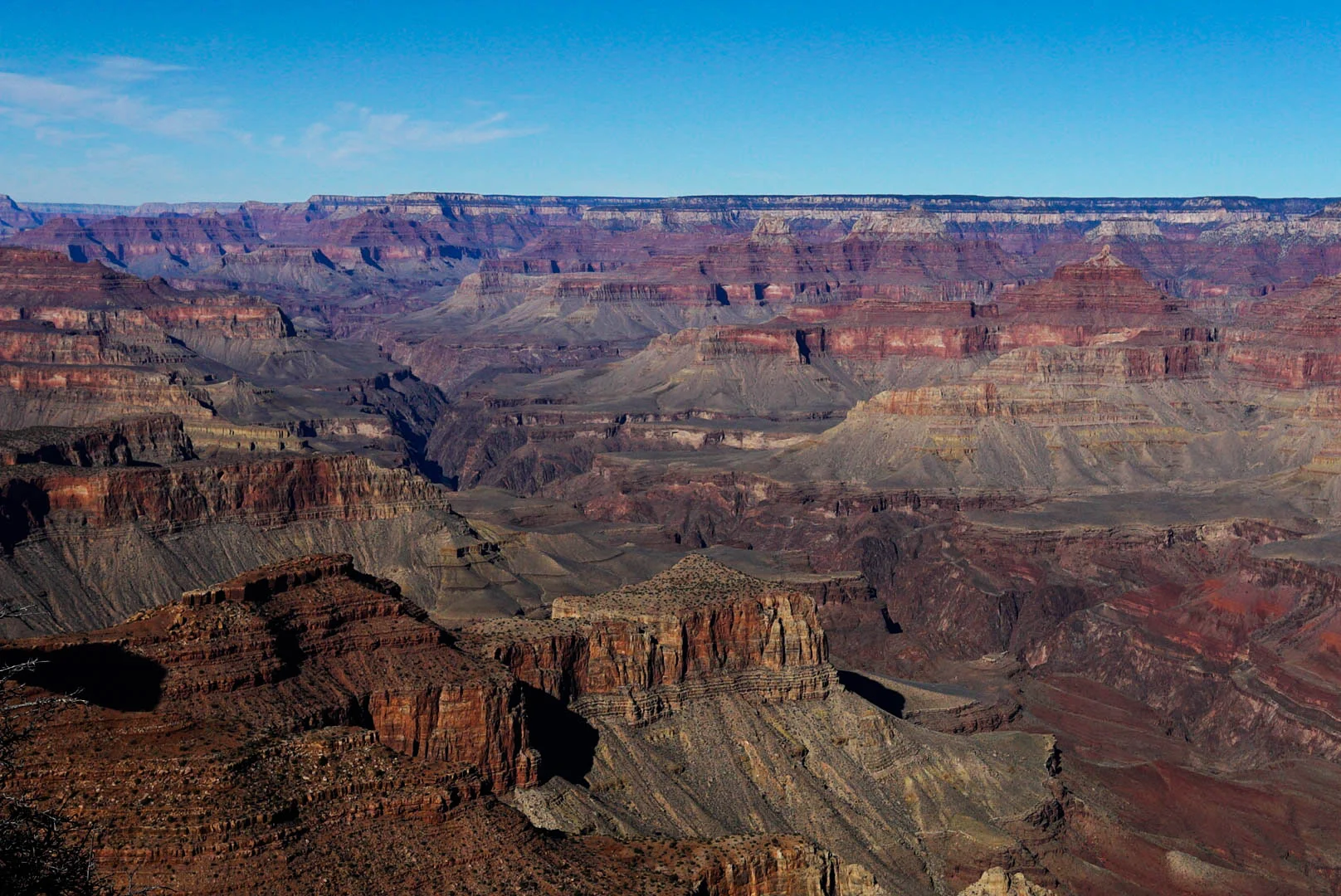
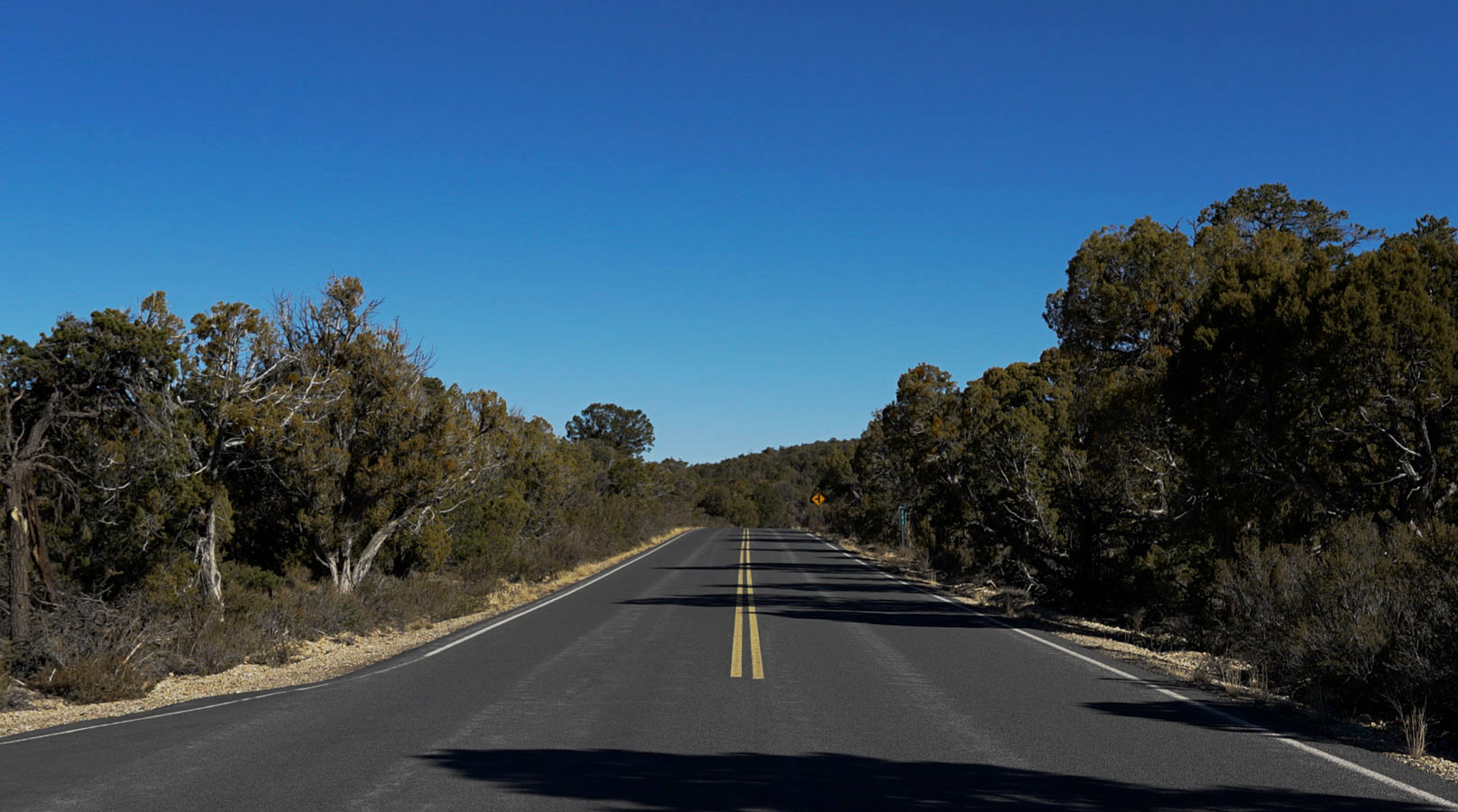

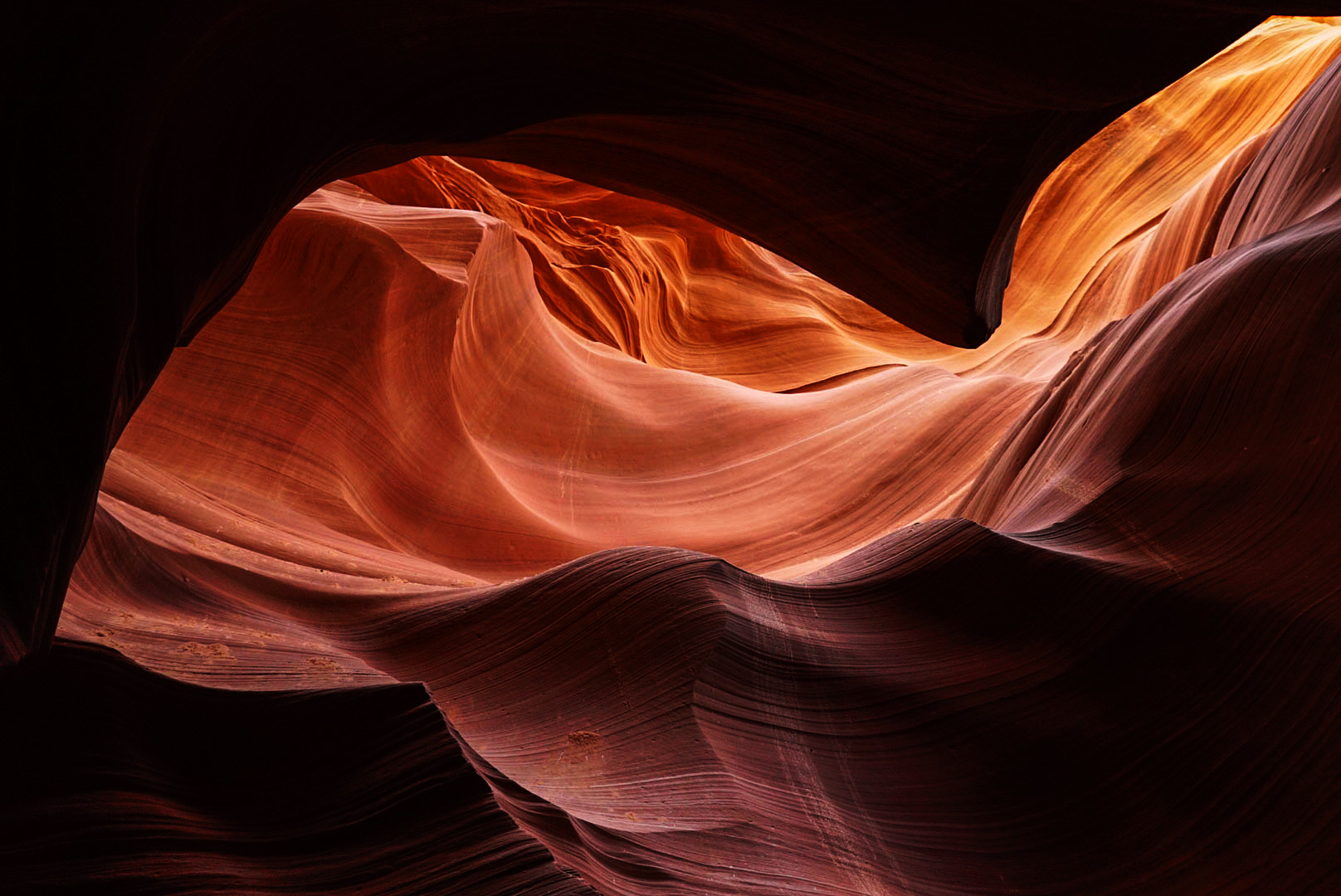
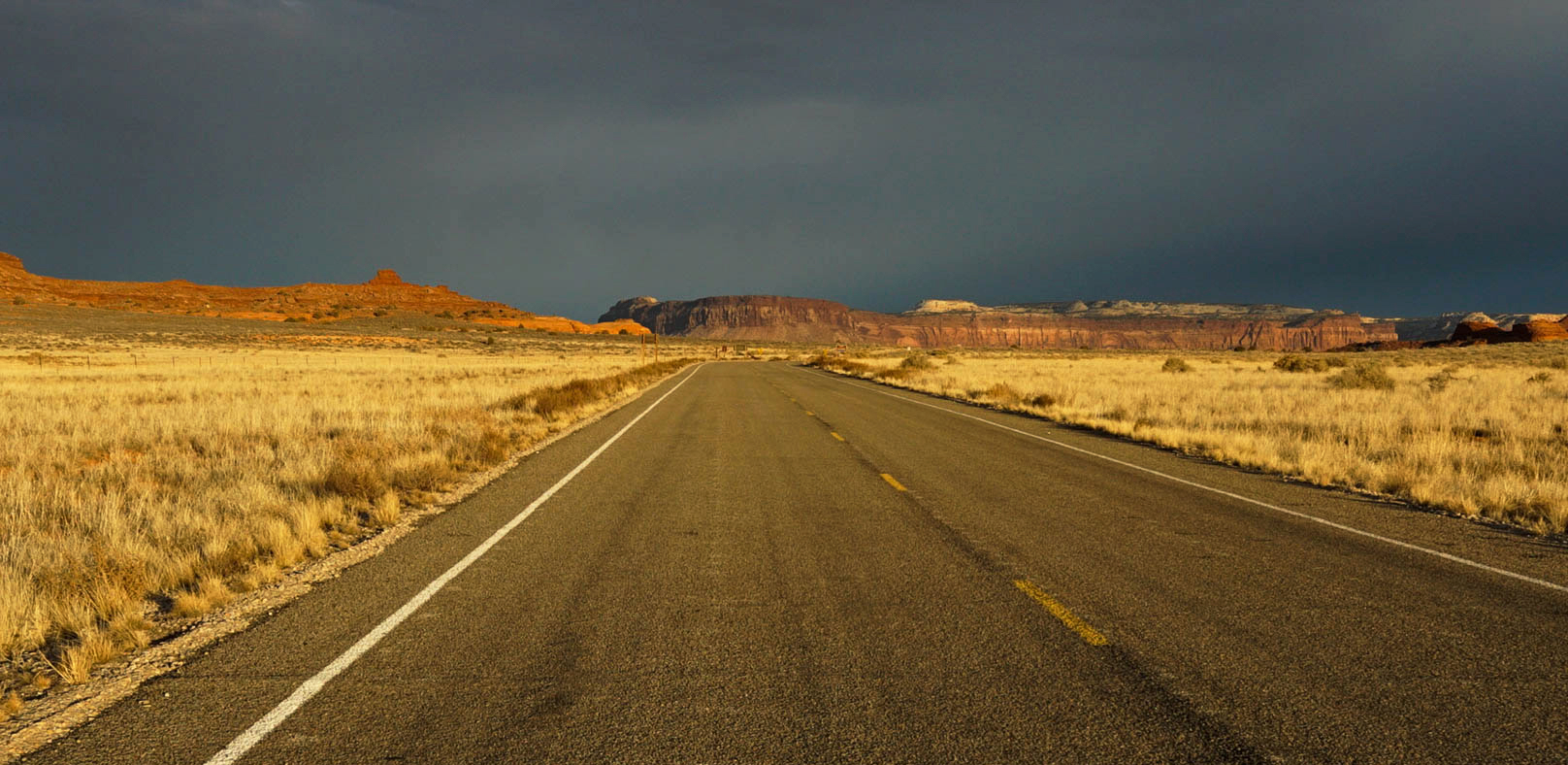
This America is stagnant but alive. It fights the pending march towards new and better, and holds on to our human roots. It is here, a neutral space, that allows for liberation from the group and freedom of the individual. If life does have some great, elusive meaning, it is in this no man’s land between civilization and nature where it becomes most apparent.
